The inverter battery plays a crucial role in your backup power system, and like all batteries, it has a finite lifespan. Over time, it loses its ability to hold a charge, and eventually, it may fail. If you suspect your inverter battery is dead or nearing the end of its life, there are several signs to look for. Here's how to tell if your inverter battery is dead or close to dying:
Reduced Backup Time
Sign of a Dying Battery: One of the most noticeable signs is a significant reduction in the amount of time your inverter can run on battery power. If your battery used to last for several hours but now only lasts a short time, it's a clear sign that the battery's capacity has deteriorated.
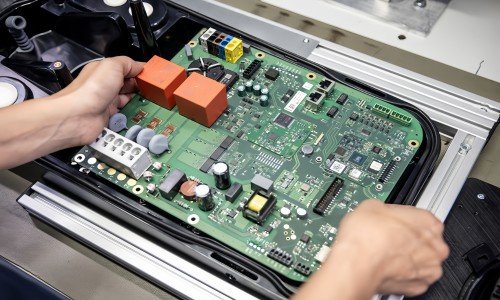
Cause: As batteries age, their charge-holding capacity diminishes, meaning they can no longer store as much energy, leading to shorter backup durations.
Inverter Frequently Switches to AC Power
Sign of a Dying Battery: If your inverter keeps switching back to AC (mains) power1 during a power outage or when you expect it to run on battery backup, it indicates that the battery can't maintain a charge.
Cause: The inverter switches to AC power when the battery charge drops too low to support the load, signaling that the battery is no longer capable of providing reliable backup.
Battery Voltage Dropping Below Normal Levels
Sign of a Dying Battery: If the battery voltage consistently drops below its normal operating range2 (for example, below 10.5V for 12V batteries or 21V for 24V batteries), this suggests that the battery is struggling to hold a charge.
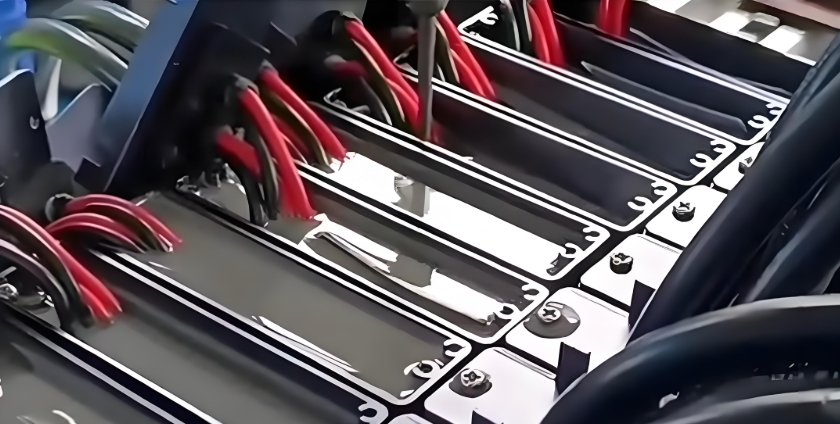
How to Check: Use a multimeter to measure the voltage. Compare it with the recommended voltage level stated in the battery's user manual. If it's significantly lower, the battery may be nearing the end of its life.
Difficulty Recharging
Sign of a Dying Battery: A battery that no longer accepts a charge properly or takes an unusually long time to recharge may be on the verge of failure.
Cause: This can occur if the battery has internal issues, such as damaged cells or short circuits, which prevent it from charging effectively.
Swollen or Leaking Battery
Sign of a Dead or Dying Battery: Visually inspecting the battery for swelling, leaking, or cracks can reveal if it is damaged. A swollen or leaking battery is likely dead and unsafe to use.
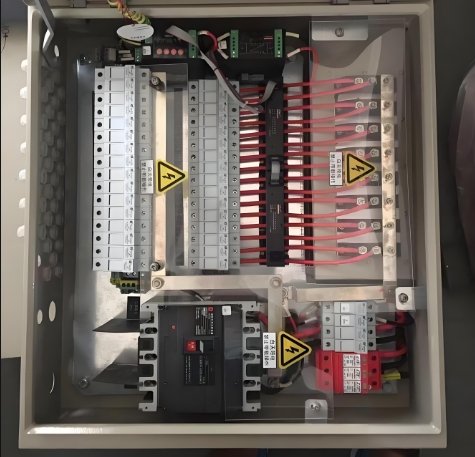
Cause: Swelling or leakage results from internal chemical reactions and damage, posing a risk of further malfunction, such as fire or acid leakage.
Battery Overheating
Sign of a Dying Battery: If the battery becomes unusually hot during charging or discharging, it could indicate that the battery’s internal components are failing.
Cause: Overheating is often caused by poor internal chemical reactions, excessive wear, or damage to the battery cells. It is a safety concern and a sign of imminent failure.
Foul Smell or Unusual Sounds
Sign of a Dying Battery: If the battery emits a foul smell (such as rotten eggs or sulfur) or makes strange noises (like hissing or bubbling), it could be on the verge of failure.
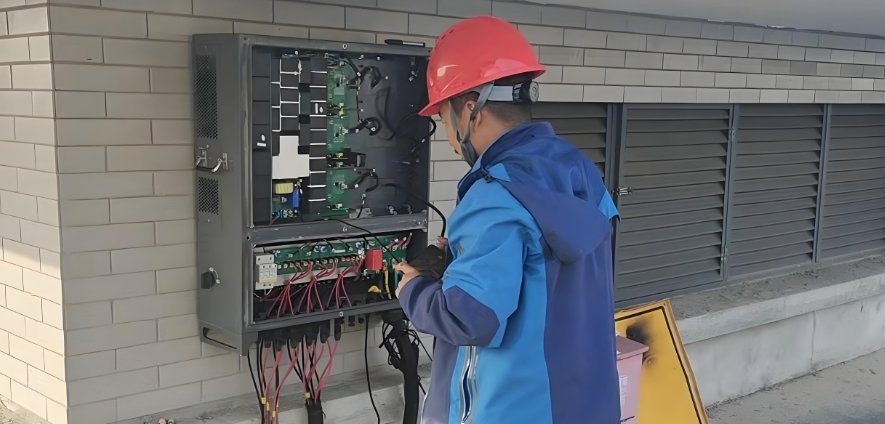
Cause: These symptoms point to chemical reactions inside the battery, often due to overcharging, excessive discharge, or internal damage. It’s a clear sign that the battery is unsafe and should be replaced.
Inverter Shows Error Messages
Sign of a Dying Battery: Many inverters display error codes when there’s a problem with the battery. Common errors related to battery issues include low battery voltage, overcharge, or "no battery detected."
Cause: If your inverter displays these error codes, it may indicate that the battery is no longer functioning properly or has reached the end of its lifespan.
Battery Age
Sign of a Dying Battery: Inverters and batteries typically last between 3 to 5 years, depending on the type (e.g., lead-acid or lithium-ion) and usage conditions. If your battery is nearing or has surpassed this age, it could be close to dying, even if it hasn't shown other obvious signs yet.
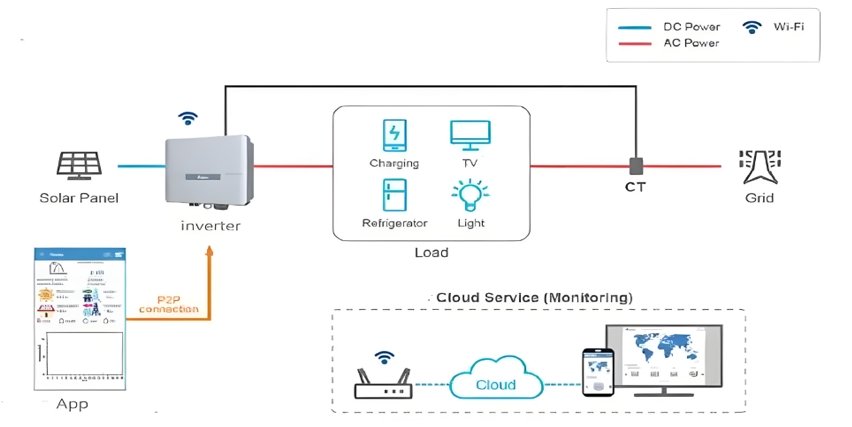
Cause: Over time, all batteries degrade, and their performance diminishes, regardless of their usage.
Battery Maintenance Alerts (for Smart Batteries)
Sign of a Dying Battery: If your inverter system includes smart battery monitoring or a Battery Management System (BMS)3, you may receive alerts about the battery's health, indicating that it’s time to replace the battery.
Cause: The BMS detects performance degradation, low voltage, and other issues, providing you with early warnings before the battery completely fails.
What to Do if Your Battery Is Dying
If you notice any of the signs mentioned above, it's important to act quickly:

-
Replace the Battery: If the battery is showing clear signs of failure or damage, it’s best to replace it immediately. Continuing to use a failing battery can cause further damage to the inverter or pose safety risks.
-
Consult a Professional: If you’re unsure about the condition of the battery, consult a professional technician or electrician to inspect it and advise whether it can be salvaged or needs replacing.
-
Proper Disposal: If the battery is dead and needs to be replaced, ensure proper disposal. Many batteries, especially lead-acid types, contain hazardous materials and should be taken to a recycling center.
By recognizing the signs of a dying inverter battery, you can take timely action to replace it and avoid costly repairs or safety hazards in your home’s power backup system.
Footnote:
-
This link explains the reasons why an inverter frequently switches to AC power, including signs of a failing battery and its causes. ↩
-
This link explains the causes and implications of battery voltage dropping below normal levels, and how to check it. ↩
-
This link explains what Battery Maintenance Alerts in a Battery Management System (BMS) mean and how they signal battery health issues. ↩




